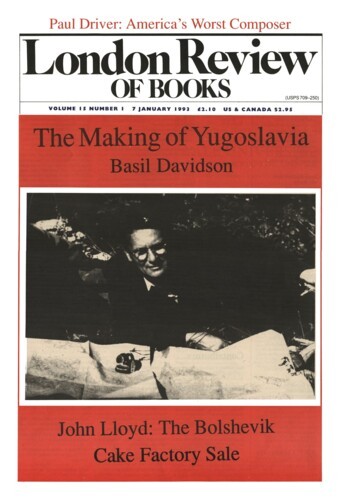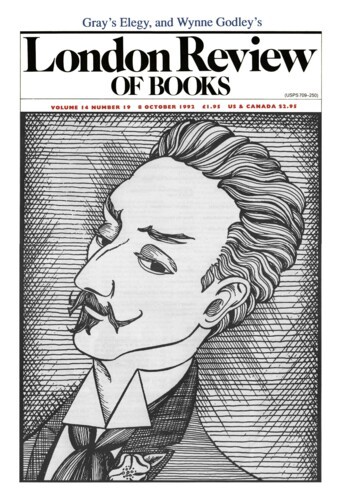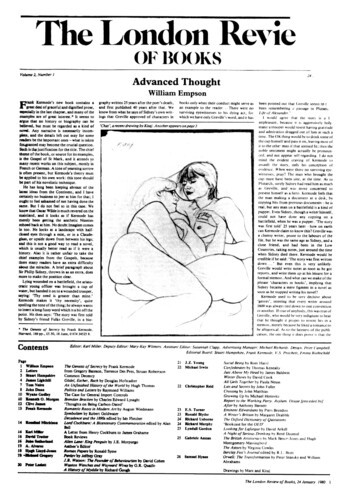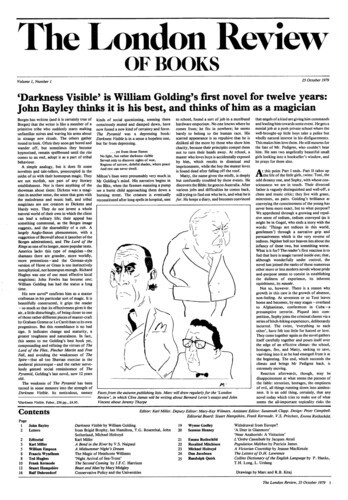Letting things rip
Wynne Godley, 7 January 1993
This book brings together the ‘most important academic papers and journalism’ of Professor Tim Congdon, described in the blurb as ‘one of the City’s most well-known commentators’. Congdon’s provocative thesis is that ‘monetarism’, as adopted by British governments between 1976 and 1985, was a decisive success, but that the gains were lost when Nigel Lawson let things rip, causing a boom that had to go bust. The book falls into two parts. The first consists of articles which appeared in newspapers and journals between 1975 and 1989, focus and context being provided by a general introduction and prefaces to the individual essays. The second part, consisting mostly of conference papers, lectures and essays published in other books, is intended to provide the theoretical basis for Congdon’s views on policy. Its most important chapter, ‘Some Initial Theorising’, attempts, in Congdon’s words, ‘to set out, in loosely theoretical terms, how I think the economy works’. Why does Congdon present his views on economic policy in the form of disjointed newspaper articles a few hundred words long, written up to eighteen years ago, ‘many of them … at great speed, often to a newspaper deadline, in only two or three hours’? The most likely reason is that he is trying to convince us that his views are correct because his economic forecasts were borne out by events, which puts a heavy obligation on him to be sure, first, that nobody holding opposing views made equally good forecasts and, secondly, that his forecasts were right for the right reasons.




